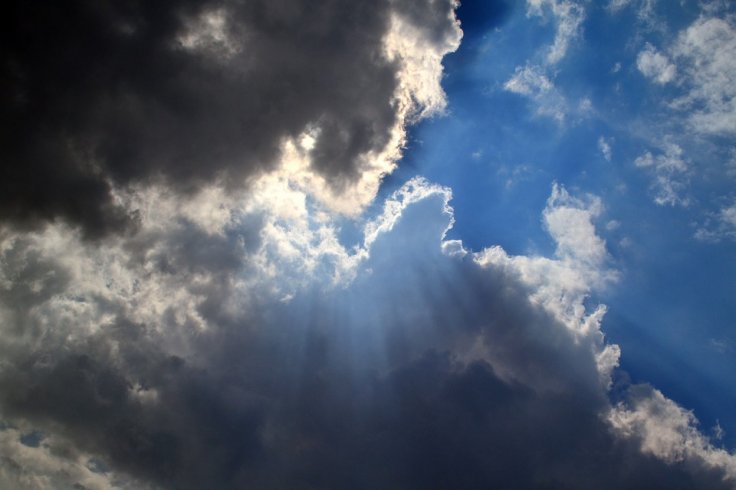Uncertainties in modern life like millions of people are now witnessing amid the pandemic can make them believe more in supernatural powers and experience miracles, an interesting study has revealed. People who experience threats to their existence -- including economic and political instability -- are more likely to experience miracles, according to a study by Baylor University in the US.
While many sociologists have studied the effects of religious experiences, what causes a person to have miraculous experiences has received little attention, said Baylor University sociologist Ed Eschler. "There's a societal assumption that wealthy and educated people favour scientific, more 'rational' explanations for these events," he said.
In the Search for Security

"However, there is rising evidence that it has more to do with the security that being rich and educated brings. People who experience fewer existential threats do not rely on religious explanations of events". To reach this conclusion, Eschler investigated the prevalence of miracles in Latin America. Data were analyzed from 15,400 respondents from 16 countries.
Eschler chose Latin America for his research because "people assume miracles are a rare occurrence in developed nations despite the fact most people have had some sort of supernatural experience". For the study, he defined a miracle as any experience in which a person believes an event or outcome was influenced by supernatural agents.
Study Reveals More
The first major finding was that 57 percent of respondents believed they had experienced a miracle of some kind. Second, he found that education had no relationship with experiencing miracles. The third finding was that the income does not influence the likelihood of experiencing a miracle, although "absolute poverty" -- not being able to afford food, clothing or medicine -- does.
"Respondents with no formal education were just as likely to experience a miracle as those with a college degree," Eschler said in the study published in the Review of Religious Research.
Breaking Notions
The findings go against the idea that societies become less religious as science and rationality replace religion, but they support the theory that people become more religious when their existence is threatened and less religious when their life is stable. "The richest and most well educated are still more likely to experience miracles if their life becomes uncertain or is threatened," Eschler said.









